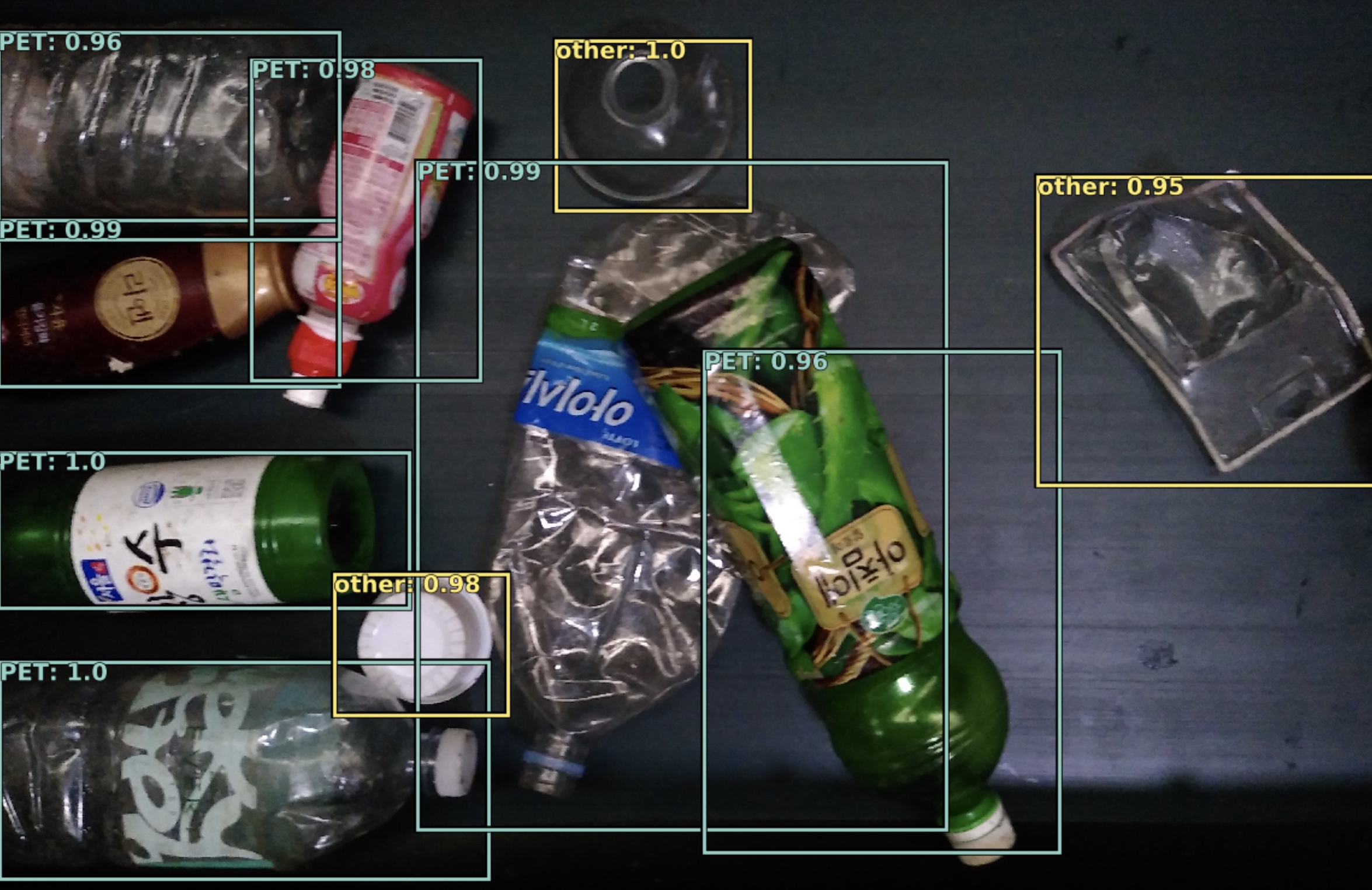Tech Nuggets with Technology: This Blog provides you the content regarding the latest technology which includes gadjets,softwares,laptops,mobiles etc
Thursday, October 3, 2019
Malaysia's Maxis partners Huawei for 5G roll-out next year
HP to cut about 7,000 to 9,000 jobs in restructuring push
SoftBank's plans for second mega-fund hit by WeWork debacle
U.S. House panel wants Facebook's Zuckerberg to testify on Libra by January
ETtech Top 5: Zomato's valuation jump, Uber India restructuring & more
Here are the five Startup Battlefield finalists at Disrupt SF 2019
Over the past two days, 20 startups have taken the stage at Disrupt SF, laying out their visions, demonstrating their technology and answering questions from our expert judges.
The startups came from all across the world, and they’re tackling industries ranging from cholera detection to orbital refueling.
Now we’ve taken the judges’ feedback and chosen five finalists — who will be presenting tomorrow, October 4, for a new group of judges. The ultimate winner will take home $100,000, equity-free, as well as receive temporary ownership of the Disrupt Cup.
You can watch the finals at Disrupt SF or on the TechCrunch website at 1:15pm Pacific. And without further ado, here are the finalists:
OmniViz
OmniVis aims to make detection of cholera and other pathogens as quick, simple, and cheap as a pregnancy test. Its smartphone-powered detection platform could save thousands of lives.
You can read more about OmniVis here.
Orbit Fab
Orbit Fab has created space-based robotic refueling technology. You might remember the company from a milestone accomplishment it achieved earlier this year: Becoming the first startup to supply water to the International Space Station.
You can read more about Orbit Fab here.
Render
Render has created a managed cloud platform. At the Startup Battlefield, it announced the ability to spin up object storage in the cloud, while greatly simplifying the tasks associated with adding storage.
You can read more about Render here.
StrattyX
StrattyX is a trading interface that lets you set up sophisticated “if-this-then-that” rules and execute orders on the stock market. The company aims to open up automated trading software to anyone, from non-professional traders who have some savings to professional day traders.
You can read more about StrattyX here.
Traptic
Things like wheat and corn are routinely harvested by machines, but strawberries (and other fruits) present a unique challenge. Traptic uses 3D vision and robotic arms to harvest ripe strawberries.
You can read more about Traptic here.
How technology is helping society get better learning outcome
Labour ministry to rejig draft social security code
Setback for Facebook in EU top court
P2P lenders knock on FM’s door for easier credit rules
India is now home to Uber’s businesses in the country
AG Barr is pushing Facebook to backdoor WhatsApp and halt encryption plans

Extreme closeup photo of a hand holding a smartphone using WhatsApp. (credit: WhatsApp)
Attorney General William Barr plans to once again make his case against end-to-end encryption for the masses, this time in a public call for Facebook to ensure that law enforcement can decrypt messages when investigating terrorists, child abusers, and other criminals.
Barr, along with counterparts from the UK and Australia, plan to publish an open letter on Friday that makes the case, BuzzFeed and later The New York Times reported on Thursday. The reports come six weeks after Barr said tech firms "can and must" backdoor encryption to keep it from degrading criminal investigations.
For more than a decade, the US Justice Department has warned encryption could hamstring its ability to fight enemies and conduct criminal investigations, a plight it describes as "going dark." In 2016, the department renewed its push when it obtained a court order requiring Apple to help the FBI unlock the iPhone of one of the shooters in the San Bernardino, Calif., mass killings. Apple fought the order—arguing the code required could be misused—and the FBI eventually found another way to access the encrypted data.
Source and regulatory filings indicate that Apple may have acquired IKinema, a UK-based startup developing motion capture animation tech used in games and VR (Juli Clover/MacRumors)
Juli Clover / MacRumors:
Source and regulatory filings indicate that Apple may have acquired IKinema, a UK-based startup developing motion capture animation tech used in games and VR — Apple may have recently acquired UK-based motion capture company IKinema, based on evidence from company filings and information shared by a MacRumors reader.
Greyparrot uses computer vision to improve waste management
Meet Greyparrot, a London-based startup that wants to improve waste management. The company uses computer vision to make sorting more efficient at different stages of the waste chain. And Greyparrot has been selected as a wildcard for the Startup Battlefield at TechCrunch Disrupt SF.
The company has been using machine learning with images of different types of waste to train a model that detects glass, paper, cardboard, newspapers, cans and different types of plastics (black trays, PET, HDPE).
Greyparrot can then use a simple camera combined with a computer to sort waste in a fraction of a second.
There are many different use cases for this kind of technology, but it seems particularly promising in sorting facilities. Those facilities already use a ton of machines to separate small and big objects, metal from plastics, etc. But many of them still rely on humans at the end of the process to pick up the last remaining false positive objects.

While it’s never possible to sort everything with a 100% accuracy, you want to get as close as possible to 100%. Sorting facilities create huge cubes of PET plastics and send them to countries on the other side of the world so that they can transform PET into something else.
In some cases, those cubes are not pure enough. For instance, Indonesia regularly refuses containers of waste and send them back to the U.S. or Europe.
Greyparrot wants to help with the last step of the sorting process. The product can be used to assess the purity of a conveyor belt to see if it’s good enough. It can also identify problematic objects and give coordinates to a sorting robot so that it can automatically pick up impurities.
The startup has been testing its solution in facilities in the U.K. and South Korea. It has raised $1.2 million so far.
In the future, Greyparrot also has other ideas of use cases. For instance, you could imagine embedding Greyparrot’s technology in a smart bin to automatically sort waste from the very beginning. You could also use Greyparrot in reverse vending machines and credit your account when you return plastic bottles.
Finland, Canada, the US, and other countries are testing tech for passport-free travel, including facial recognition and a "digital travel credential" (Matt Burgess/Wired)
Matt Burgess / Wired : Finland, Canada, the US, and other countries are testing tech for passport-free travel, including facial recogniti...
-
Jake Offenhartz / Gothamist : Since October, the NYPD has deployed a quadruped robot called Spot to a handful of crime scenes and hostage...
-
Answers to common questions about PCMag.com http://bit.ly/2SyrjWu https://ift.tt/eA8V8J